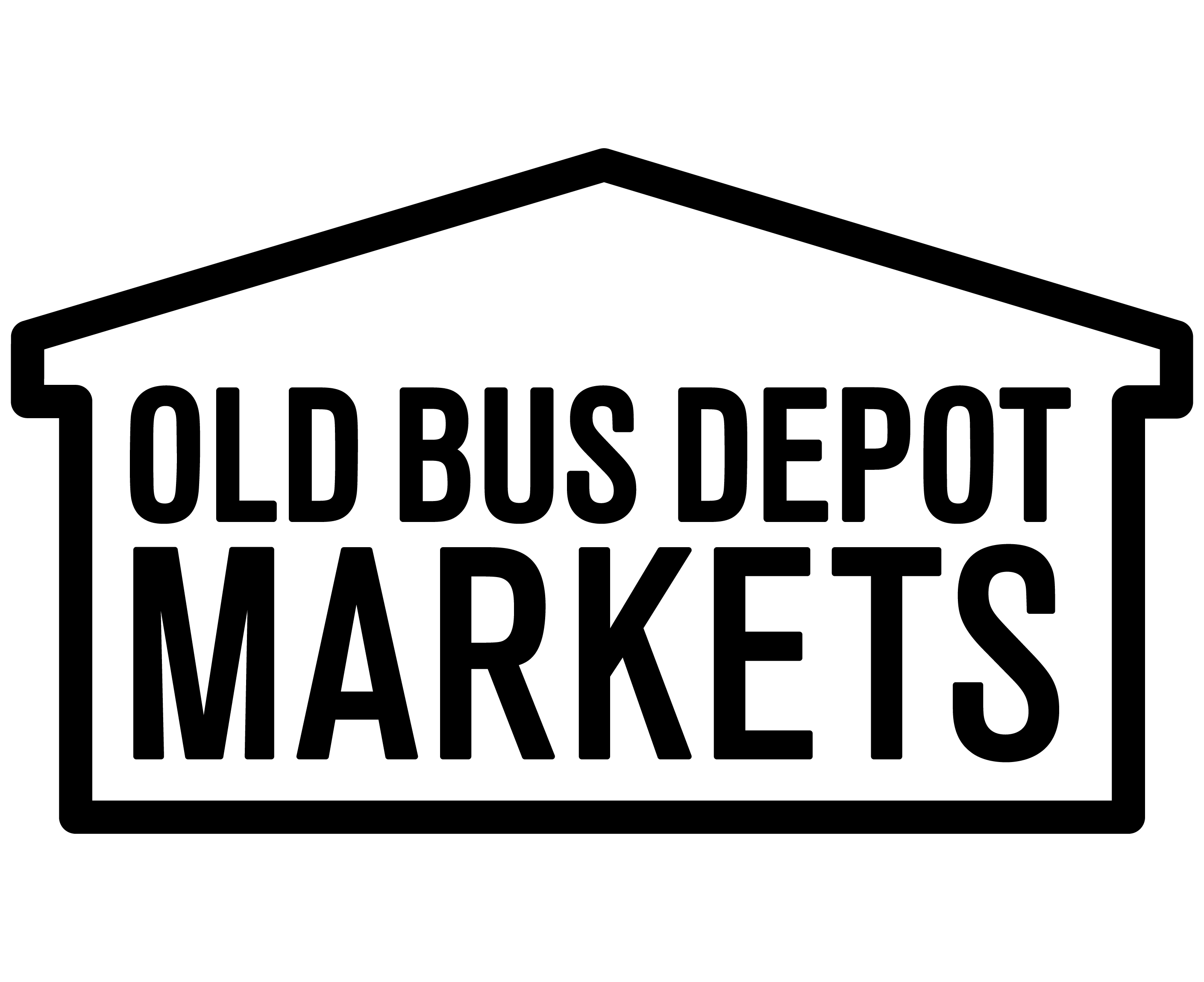Best Practices with Work Safe
Although it’s unfortunate, we’re aware that accidents can occur at work. Fortunately, there are steps that we can take to minimise the risks. In line with some Work Safe advice from Access Canberra, we’ve compiled some helpful checklists to ensure safety in your work space. For more comprehensive information, please visit the sites for Work Safety or head directly to the Access Canberra checklists page.
Work Safe Checklists:
Emergency procedures checklist
Hazard identification checklist
Machinery and equipment checklist
Slips, trips, and falls checklist
Work health and safety inspections checklist
Working alone with money with the public checklist
Workplace specific induction checklist
Best Practices with Work Safe: Manual Handling
Manual handling is the transporting and supporting of a load by hand or by bodily force and it’s a major factor in workplace injuries. Anyone involved in the moving and handling of goods could be at risk, which is why it’s important to address these issues and reduce the risk of injuries due to manual handling.
Poor ergonomics and workplace layout are a factor in many hazardous manual-handling tasks. There are risks in handling even light loads if a repetitive task is being carried out in poor conditions.
Before attempting to move or carry heavy loads, ensure that workers are trained in manual handling techniques and the use of mechanical aids. It’s also helpful to ensure that storage shelves are organised to minimise bending and stretching, tasks are rotated to avoid repetitive work, and that workers have adequate space to enable ease of movement.
Best Practices with Work Safe: Electrical
We’re aware that a number of stall require electricity to prepare a variety of products on the spot. As the manager of a small business, you are responsible for ensuring the electrical fittings and electrical equipment in your workplace so that it is safe. Regular inspection and maintenance is a must. You can follow this link to see an electricals checklist from Access Canberra.
The Old Bus Depot Markets works with a scheduled testing and tagging service. Should you like to avail of this, please contact the office on 02 6295-3331 from 9am-5pm, Tuesdays-Thursdays.
For more information on best practices for safety in the workplace, please visit the Stallholder Area of our site. Alternatively, you can visit the pages from Access Canberra Work Health and Safety or their relevant checklists.
Best Practices with Work Safe: Emergency Procedures
Here at the Old Bus Depot we do our best to implement proper maintenance on the building and equipment for the benefit of everyone’s safety. In the event of an emergency, please refer to our OBDM Emergency Procedures which is also found in our New Stallholder Information page. You can also practice in being proactive in preparing for emergencies by referring to an emergency procedures checklist from Access Canberra.
For more information on best practices for safety in the workplace, please visit the Stallholder Area of our site. Alternatively, you can visit the pages from Access Canberra Work Health and Safety or their relevant checklists.
Best Practices with Work Safe: Hazard Identification
While we at the Old Bus Depot do our utmost to minimise workplace hazards, you as a fellow stallholder can assist us in bringing to our attention certain aspects that you may think are potential hazards. As yourself if the task can be performed at an easy pace or if the joints are in a comfortable position while performing the task. You can follow this link for a hazard identification checklist from Access Canberra. Let’s work together to maintain safety for everyone at the markets.
For more information on best practices for safety in the workplace, please visit the Stallholder Area of our site. Alternatively, you can visit the pages from Access Canberra Work Health and Safety or their relevant checklists.

